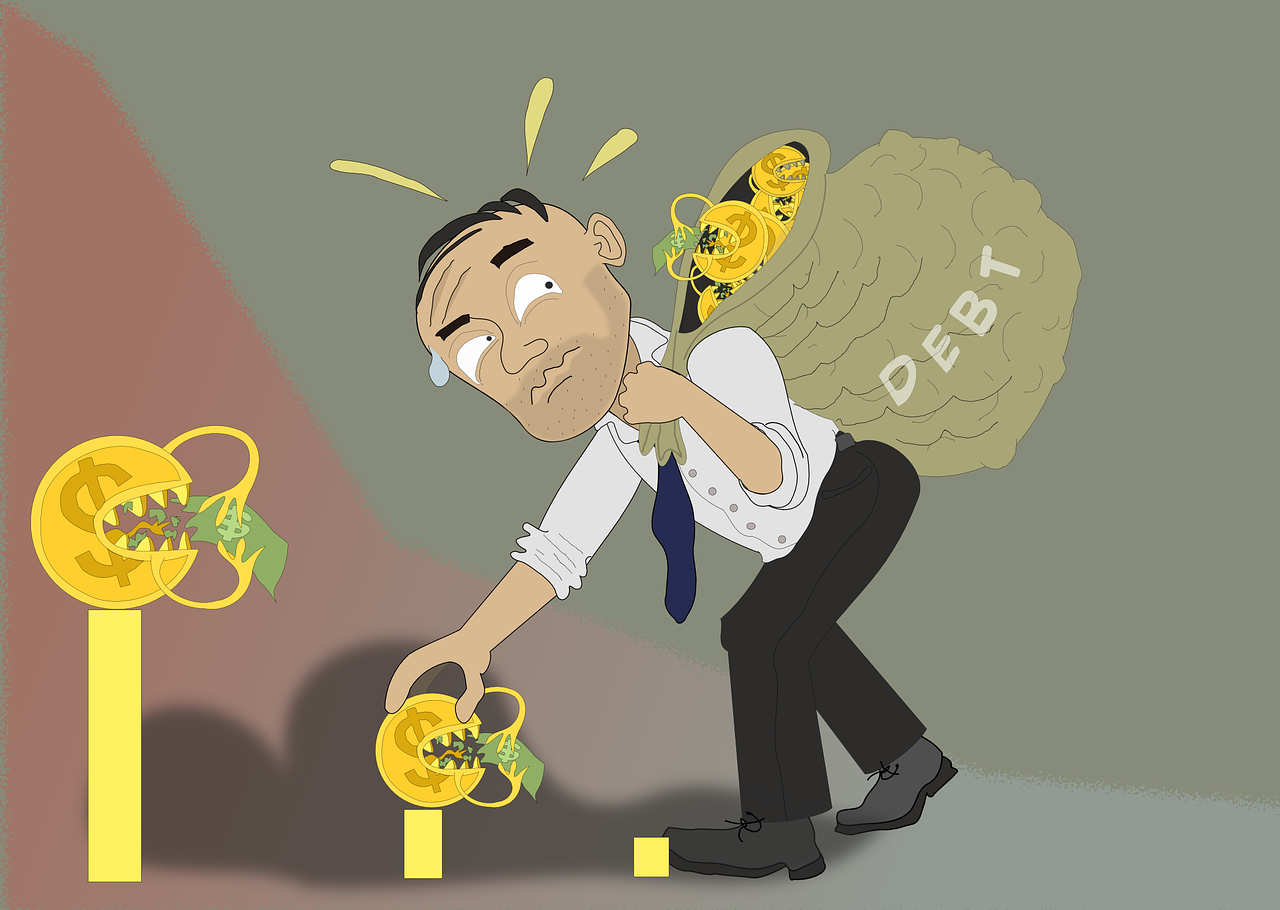
How an Estate is Settled if Someone Dies Without a Will
People prefer to write a will to avoid the confusion that may happen after they leave this world. Others decide to leave their inheritance in the hands of the legal system because they either don’t want to cause sensitivities after their death, or they may not have an heir. It takes some time to determine how an estate should be settled. The probate court takes on the responsibility of distributing the inheritance. We are going to brief you about the law and who receives a part of the inheritance if a valid will is not found.
Types of Heirs
The court needs to figure out who the heirs are to proceed with the estate settlement. It is sometimes tricky to link people to the deceased because of how complicated relationships can be nowadays. Fortunately, the rules are constantly being changed and adjusted to fit the circumstances of the current times.
-
Surviving Spouses
A married spouse’s situation at the time of death is undebatable. However, sometimes there is a mix-up and the marital status of the deceased is unclear. For instance, if one of the partners filed for divorce, the judge will have to decide whether the surviving one gets a share or not. Sometimes, common-law spouses have rights as well because they used to live with the departed. Even if they don’t live together, but they intend to, they may fall under the same law.
After the legalization of same-sex marriage, homosexuals have the same rights as heterosexuals without any discrimination. Sometimes they don’t get married typically, but undergo domestic or civil union partnerships instead. In those cases, the spouse gets a share as well.
-
Children
Children are an umbrella term for biological offspring and adopted ones alike. The ones living in the same house and genetically related will get their share. If the children are minors, they cannot legally receive theirs unless they reach a certain age. In that case, the judge will have to appoint a guardian that will act in the best interests of the children. On the other hand, adoption is a bit tricky. Legally, those who have been adopted have the same rights as biological children.
Sometimes people foster a child; unfortunately, those in such a position are left with nothing after the foster parents’ death. The same law is enforced on the stepchildren. However, some states accept to give them a part of the inheritance if they had a strong relationship with the deceased. Children born outside marriage can inherit if they prove their connection to the deceased. A DNA test can be sufficient to prove their blood relation.
-
Lost Heirs
Sometimes, a person lives and dies alone. It is a tragedy, and the system will have to make sure that the deceased had no one before deciding what to do with the assets. The court will start searching for an heir by hiring a solicitor or probate. The heir hunters’ role is to do a background check and create a family tree from all the documents they can get. Their research is not only about papers, but they ask the people around them as well. If they succeeded in getting a name and address, they will try to prove the newly found heir’s connection to the departed. If the research is not fruitful and the person has no relatives whatsoever, the government claims the assets.
-
Dead Heir
Well, dead people won’t do much with the money they inherit. According to the intestate succession law, their share goes to their offspring. In case of the absence of any close relative, the judge may give the inheritance to cousins or siblings.
Settling Debts

People may get loans, buy assets using credit cards, or get mortgages. Their debt should be settled by them, but sometimes they die before they get to pay off what they owe. The heirs may take on the responsibility of paying off the lender or creditor. Some people prefer to dispose of whatever left their parents in debt to get rid of the headache surrounding it. In some scenarios, the lender gets the available assets as compensation.
It is harder to settle an estate if no will is left behind. It may take years to prove the heirs’ eligibility. The court has to conduct thorough research to avoid any unfairness. The various kinds of spouses, children, and relatives make the situation even more complicated, especially if they are not easy to hunt down. You should know your rights as an heir and check the laws regularly because it changes from one decade to the other.

















